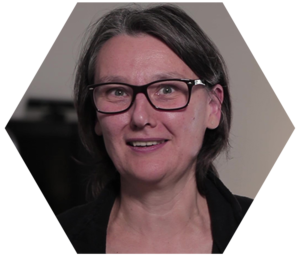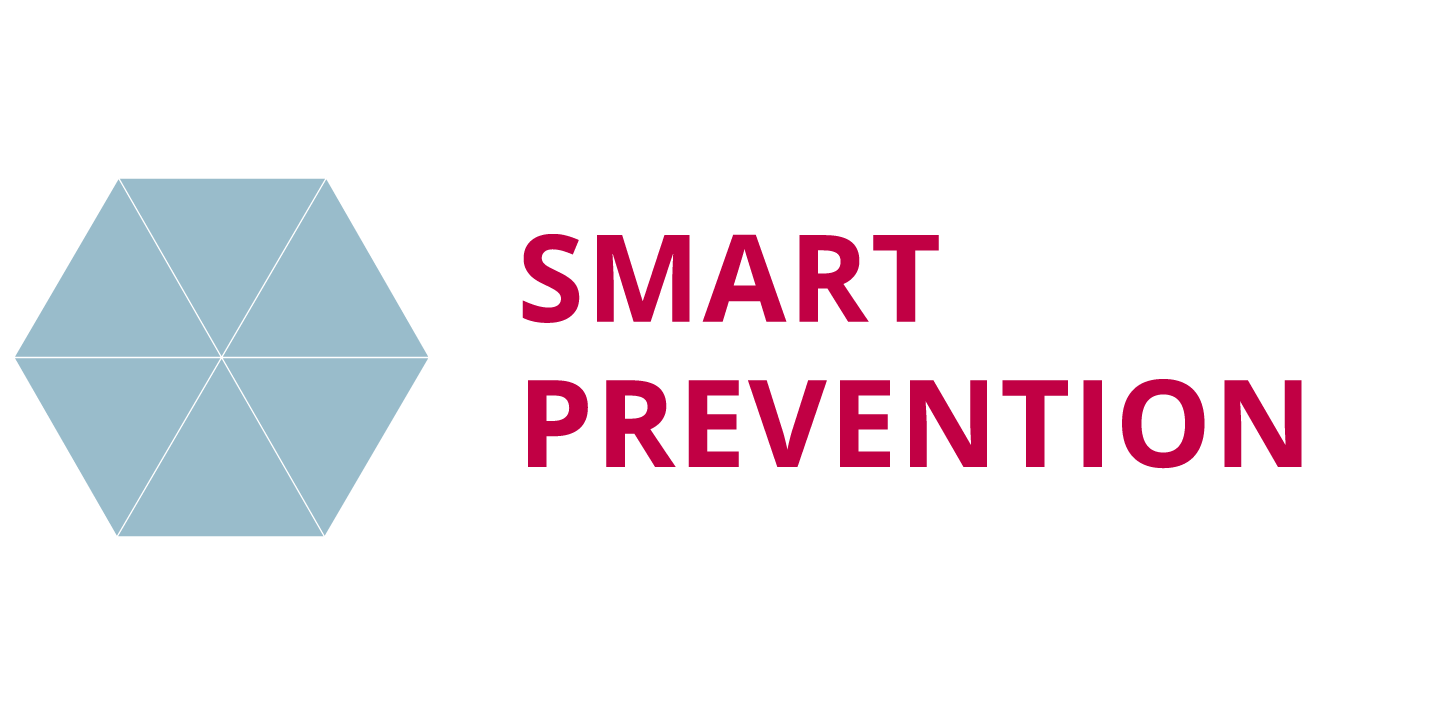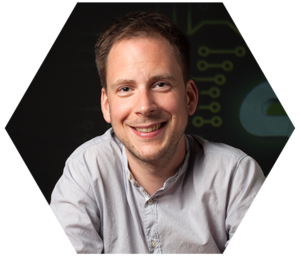- Computer Science / Vision / Prof. Dr. Britta Wrede
Prof. Dr. Britta Wrede
Vision: Smart Prevention
- Wrede: Phenomenon
- Wrede: Threat
- Wrede: Chances
On the one hand, of course, digitalisation offers the opportunity to try out completely new prevention strategies. What is also currently under discussion are approaches that use large amounts of data, something like “predictive policing”, but which of course lead to major problems, because I am strongly influencing reality. From my perspective, it makes more sense to use digitalisation in terms of individual support. Due to this networking this is simply possible. This means that I can support potential perpetrators, first-time perpetrators, perpetrators who have attracted attention for the first time, with assistance technology in order to be able to identify potentially dangerous situations in everyday life, perhaps with AI methods. At that moment I might also be able to contact people who can be supportive and can help. And in the further future, of course, the possibility to interact with artificial intelligence, with avatars that can actually support you in the situation, to reflect again on what happened and that you can always develop new strategies. That means for me the vision is actually that the technology actually tries to support and strengthen personal potential and that is of course a danger that can occur. We can see this in the example of China. Of course, something like this can also be massively abused and I believe that we must of course be careful that we remain in the individual sphere here and also take care that the data remains where it belongs.

Prof. Dr. Britta Wrede
- Since 2019 Head of the Medical Assistance Systems Working Group at the Medical Faculty (under construction) of Bielefeld University
- Since 2010 Head of the Group for Applied Computer Science at Bielefeld University
- Previously head of the research group “Hybride Gesellschaft” of the AdR Laboratory
- 1999 M.A. and 2002 PhD thesis at the Faculty of Linguistics and the Faculty of Technology in the field of automatic speech recognition
- One year DAAD scholarship at the International Computer Science Institute (ICSI) in Berkeley, USA (work on the analysis of prosodic cues for emotional language or “hot spots”)
- Main focus in the group for Applied Computer Science: Modelling of human-robot dialogues, emotion recognition and modelling in HRI, developmentally inspired language acquisition approaches, modelling of visual attention, analysis of tutor behaviour towards children and robots, modelling of the perception of multimodal tutor behaviour for learning and how pragmatic information can be used for HRI or interaction with intelligent environments
- Their research is driven by the question of how to equip robots with a better understanding of their social and physical environment and is strongly inspired by human development. She follows the hypothesis that learning must be embedded in social interaction
- Co-publisher of the deutsche Zeitschrift für Künstliche Intelligenz [German Journal of Artificial Intelligence]
- Principal Investigator in several EU projects (CODEFROR, ITALK, RobotDoc, Humavips) and national projects funded by the DFG (SFB 673 Alignment in Communication), the DLR (Sozirob – Der Roboter als Fitnesstrainer), the DAAD Thematic Network on Intelligent Systems and the BMBF (KogniHome, DESIRE – Deutsche Service Robotik Initiative)
- Phenomenon
- Threat
- Chances
- Vision







Comments